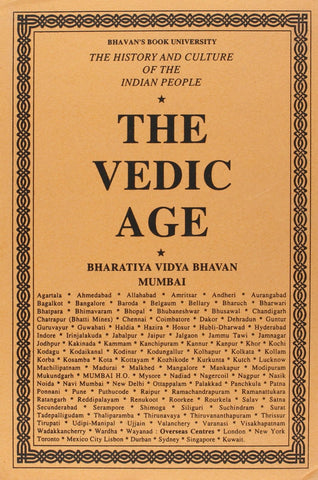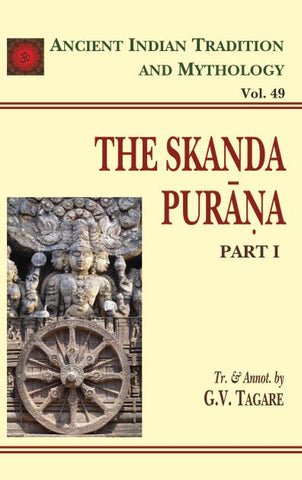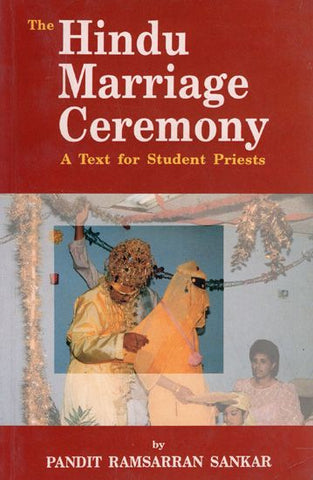Your cart is empty now.
The Partition of India refers to the historical event in 1947, when British India was divided into two independent nations: India and Pakistan. This event marked the end of British colonial rule in the region but also led to one of the largest and most traumatic mass migrations in history. Here's an overview:
Background and Causes of Partition
The demand for a separate Muslim state arose primarily in the early 20th century, driven by religious, cultural, and political differences between Hindus and Muslims in British India. While India was home to a large Muslim population, many Muslims, led by the All India Muslim League, were concerned about being politically and socially marginalized in a Hindu-majority independent India.
The Indian National Congress (INC), led by figures such as Jawaharlal Nehru and Mahatma Gandhi, was focused on achieving independence from British rule and building a secular nation where Hindus and Muslims would live together. However, by the 1940s, tensions between the INC and the Muslim League had escalated, particularly after the 1946 elections where the Muslim League won a significant portion of the Muslim vote, calling for a separate nation for Muslims.
Key Figures and Events Leading to Partition
- Muhammad Ali Jinnah: The leader of the All India Muslim League, Jinnah became the driving force behind the demand for a separate Muslim-majority state. His vision of Pakistan was rooted in the idea that Muslims should have a separate nation to safeguard their culture, religion, and political rights.
- Mountbatten Plan: As the British prepared to leave India, Lord Louis Mountbatten, the last British Viceroy of India, played a key role in the partition process. The Mountbatten Plan called for the creation of two separate dominions—India and Pakistan—by August 15, 1947. This plan was accepted by both the Indian National Congress and the Muslim League.
The Creation of Pakistan
Pakistan was created as a state for Muslims, with two main regions:
- West Pakistan (present-day Pakistan)
- East Pakistan (which later became Bangladesh in 1971) The new nation of Pakistan was officially established on August 14, 1947, and India gained independence a day later, on August 15, 1947.
Consequences of Partition
-
Mass Migration and Violence: The partition led to one of the largest forced migrations in history, with estimates of between 10 to 15 million people crossing borders to live in the country that matched their religion. Hindus and Sikhs moved to India, while Muslims moved to Pakistan. This migration was accompanied by widespread violence, communal riots, and massacres. Millions lost their homes, and between 200,000 and 2 million people were killed during the violence that followed partition.
-
Border Disputes: The partition also led to the creation of a contentious border, most notably in Kashmir, a region with a Muslim-majority population but ruled by a Hindu Maharaja. This has led to decades of conflict and wars between India and Pakistan, including three major wars (1947-1948, 1965, and 1971).
-
Religious and Ethnic Tensions: The division created deep religious and ethnic divides, and the memories of the violence and trauma from the partition have lingered for generations in both countries.
-
Formation of Bangladesh: In 1971, tensions between East and West Pakistan culminated in the Bangladesh Liberation War, leading to the creation of Bangladesh as an independent nation. The division of Pakistan is one of the enduring consequences of the 1947 partition.
Legacy
The Partition of India and the creation of Pakistan remain key events that shape the political, cultural, and social landscapes of South Asia. The legacy of partition is still felt today in the ongoing conflicts, especially over Kashmir, and the division between India and Pakistan. The violence, migration, and trauma of partition continue to be a powerful part of the collective memory in both countries.
Pakistan After Partition
- Islamic Republic: Pakistan, from its inception, was established as a Muslim-majority nation, with a strong emphasis on Islamic principles in its political and legal framework.
- Political Evolution: The country has had a turbulent political history, with periods of military rule (notably under Ayub Khan, Zia-ul-Haq, and Pervez Musharraf) as well as civilian democratic governments.
- Relations with India: The relationship between India and Pakistan has been characterized by hostility, including several wars, most notably the 1947-48 war over Kashmir, the 1965 war, and the 1971 war. The two countries have also engaged in numerous skirmishes and military standoffs since partition.
Delivery and Shipping Policy
- INTERNATIONAL SHIPPING
- Rs.1000-1100/kg
- ESTD. Delivery Time: 2-3 weeks (depending on location)
- Bubble Wrapped with Extra Padding
- NATIONAL SHIPPING
- NCR: Rs. 30/half kg
- Standard: Rs. 80/half kg
- Express shipments also available on Request
- ESTD. Delivery Time: Ranging from 1-4 days up to 7 business days (Depending on your choice of Delivery)
- TRACKING
- All orders; national or international, will be provided with a Tracking ID to check the status of their respective orders
- Depending on the Shipping Service, Tracking ID may be used on their respective tracking portals
Frequently Asked Questions (FAQs)
Domestic Shipping: 3-4 Days (after shipping)
International Shipping: 1-2 weeks (based on your location)
You will receive an email once your order has been shipped or you can email us if you didn't receive tracking details (info@mlbd.co.in)
Every book that we sell is the latest edition except all the rare books
Yes, we do provide free shipping, only on domestic orders (within India) above Rs.1500







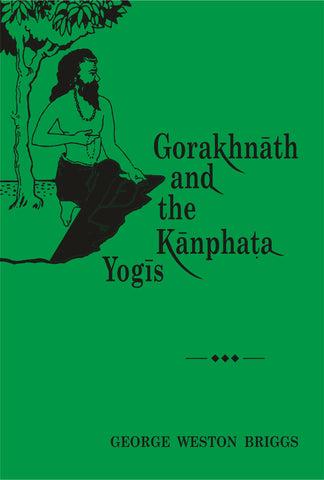
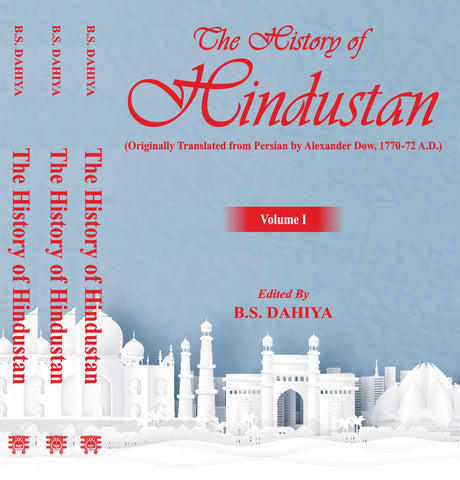
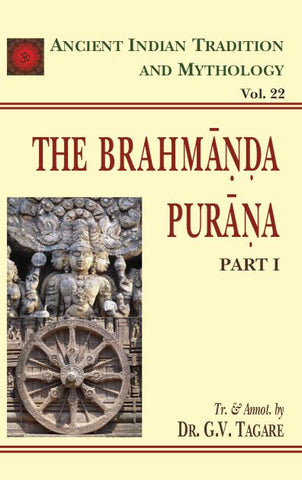
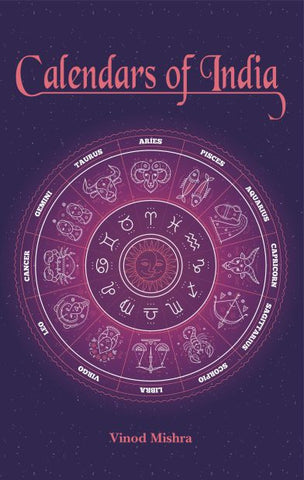
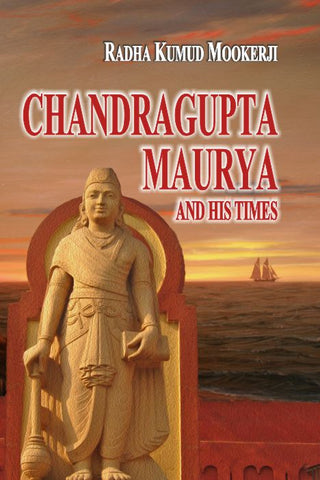
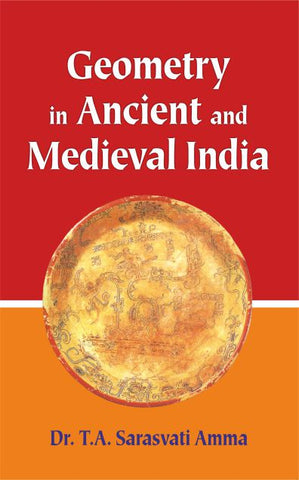
![A HISTORY OF INDIAN PHILOSOPHY [5 VOLUMES] by Surendranath Dasgupta](http://www.motilalbanarsidass.com/cdn/shop/products/HISTORYOFINDIANPHILOSOPHY_large.jpg?v=1675238163)
